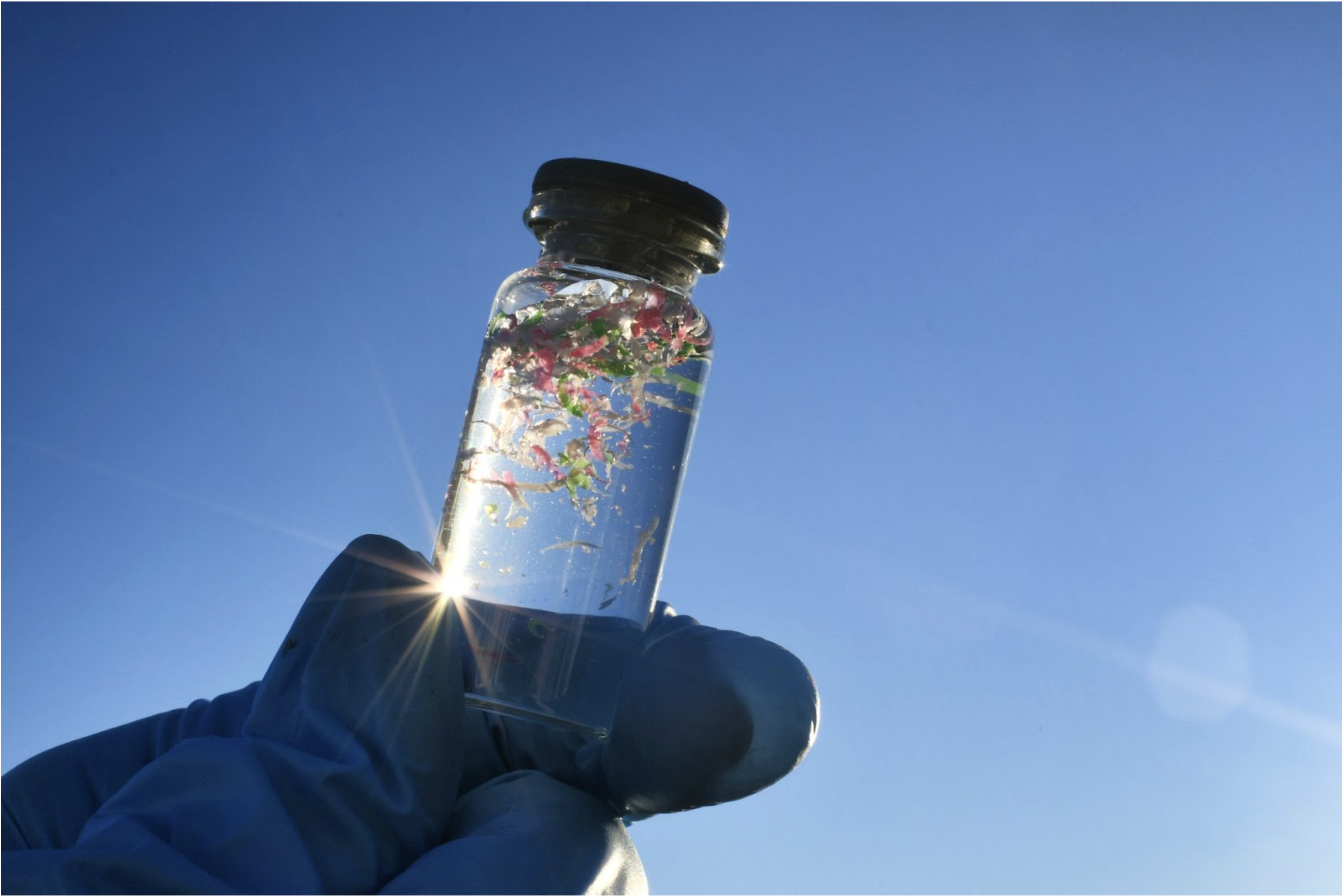Implementing Green Chemistry: A Step-by-Step Guide for Manufacturers
As global industries strive toward sustainability, Green Chemistry has emerged as a transformative approach to chemical manufacturing. By prioritizing safer materials, efficient processes, and reduced waste, Green Chemistry not only minimizes environmental impact but also enhances innovation and profitability for manufacturers.
At Unitop Chemicals, we champion sustainable practices in the production of surfactants and emulsifiers. This blog provides a practical, step-by-step guide for manufacturers to implement Green Chemistry principles and stay ahead in the ever-evolving landscape of eco-friendly manufacturing.

What is Green Chemistry?
Green Chemistry, also known as sustainable chemistry, involves designing products and processes that reduce or eliminate the use and generation of hazardous substances. It encompasses 12 core principles, including:
- Waste Prevention
- Use of Safer Solvents
- Renewable Feedstocks
- Energy Efficiency
- Degradable Products
These principles guide manufacturers toward sustainability while maintaining economic viability and high-quality outputs.
The Benefits of Green Chemistry for Manufacturers
- Environmental Impact Reduction:
Green Chemistry minimizes the release of pollutants into air, water, and soil. - Regulatory Compliance:
Adopting eco-friendly practices ensures compliance with increasingly stringent environmental regulations. - Cost Efficiency:
Efficient processes and reduced waste translate to long-term cost savings. - Enhanced Marketability:
Sustainable products appeal to environmentally conscious consumers and enhance brand reputation. - Innovation Opportunities:
The shift toward Green Chemistry drives the development of cutting-edge, sustainable technologies.
Step-by-Step Guide to Implementing Green Chemistry

Step 1: Conduct a Sustainability Audit
Evaluate current manufacturing processes, raw materials, and waste streams to identify areas for improvement.
Step 2: Set Measurable Goals
Define clear objectives such as reducing energy consumption, eliminating hazardous solvents, or sourcing renewable feedstocks.
Step 3: Choose Renewable Raw Materials
Replace petroleum-based feedstocks with bio-based alternatives, such as plant-derived oils for surfactants and emulsifiers.
Step 4: Redesign Processes for Efficiency
Streamline processes to minimize energy use and waste generation. Incorporate techniques like atom economy to maximize the use of raw materials.
Step 5: Adopt Safer Solvents and Catalysts
Switch to non-toxic, biodegradable solvents and catalysts that are less harmful to the environment and workers.
Step 6: Invest in Technology
Implement advanced technologies such as green synthesis, nanotechnology, and enzymatic catalysis to create sustainable chemical products.
Step 7: Implement Closed-Loop Systems
Recycle and reuse resources such as water, solvents, and by-products within your operations to achieve zero waste.
Step 8: Engage and Train Employees
Educate your workforce about Green Chemistry principles and involve them in identifying and implementing sustainable practices.
Step 9: Collaborate with Suppliers
Work with raw material suppliers who prioritize sustainability and share your commitment to Green Chemistry.
Step 10: Monitor and Report Progress
Regularly track performance metrics and communicate progress to stakeholders, showcasing your commitment to sustainability.
Green Chemistry in Action: Unitop Chemicals
At Unitop Chemicals, we integrate Green Chemistry principles into our production of surfactants and emulsifiers by:
- Using renewable plant-based raw materials.
- Adopting energy-efficient manufacturing processes.
- Minimizing waste through recycling and by-product utilization.
- Complying with global sustainability standards like ISO 14001.
These practices allow us to deliver high-quality, eco-friendly products that meet the evolving needs of our clients and consumers.
Conclusion
Green Chemistry is no longer a choice but a necessity for manufacturers aiming to remain competitive while protecting the planet. By following these steps, manufacturers can transition to sustainable practices, reduce their environmental impact, and unlock new opportunities for innovation and growth.
At Unitop Chemicals, we are proud to lead the way in implementing Green Chemistry principles, helping businesses achieve sustainability without compromising on quality. Join us in building a greener future, one molecule at a time.






